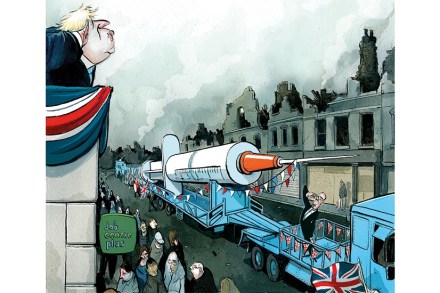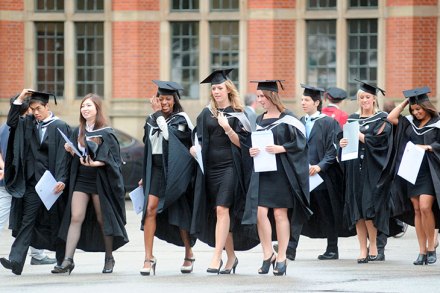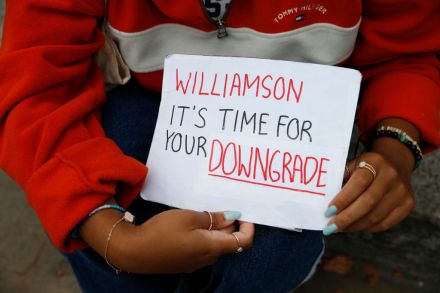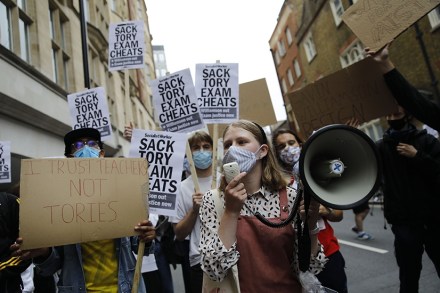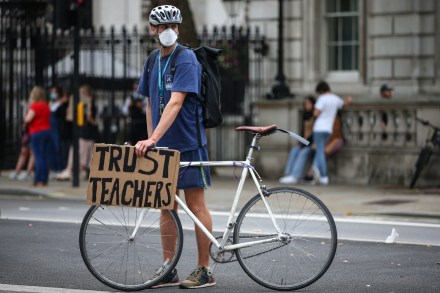Parents are being gaslighted about home-schooling
Forgive me, I’m not going to go through all the tragedies of the pandemic in this piece, not because I don’t care, but because I’ve got no time and I’m writing under very harried circumstances: the kids are still up, my deadline’s looming, and my wife keeps sending me WhatsApp messages about emailing the headteacher again. Oh boy. Things are very tense for parents. My wife’s been googling when she should be sleeping. I wake up to emails about my schedule or screenshots of government guidance, which is what this article’s about: we read this guidance, which is published for parents, and we listen to what politicians say, and we





